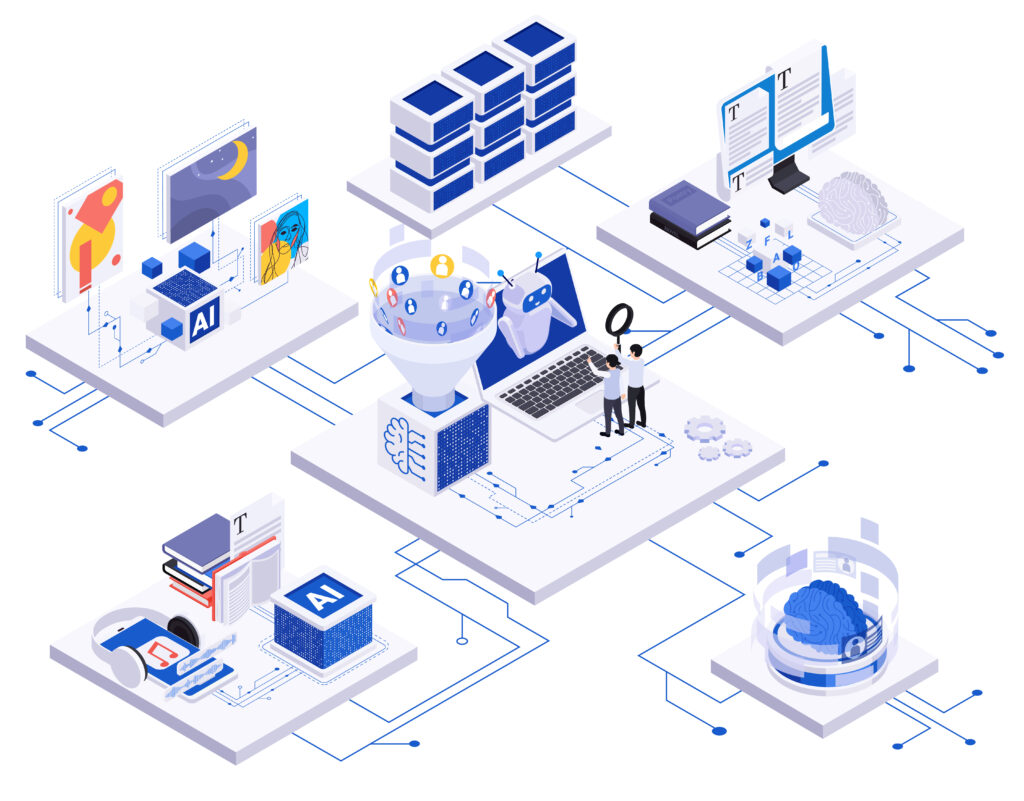Agentic AI gains ground as GenAI maturity grows in public sector
Most public sector organisations plan to scale agentic AI, but data readiness remains a critical hurdle.

Public sector organisations around the world are rapidly moving beyond experimentation with generative AI (GenAI), with up to 90% now planning to explore, pilot, or implement agentic AI systems within the next two years.
Capgemini’s latest global survey of 350 public sector agencies found that most already use or trial GenAI, while agentic AI is being recognised as the next step — enabling autonomous, goal-driven decision-making with minimal human input.
Unlike GenAI, which generates content subject to human oversight, agentic AI can act independently, creating new possibilities for automation and public service delivery.
Dr Kirti Jain of Capgemini explained that GenAI depends on human-in-the-loop (HITL) processes, where users review outputs before acting. By contrast, agentic AI completes the final step itself, representing a future phase of automation. However, data governance remains a key barrier to adoption.
Data sovereignty emerged as a leading concern for 64% of surveyed public sector leaders. Fewer than one in four said they had sufficient data to train reliable AI systems. Dr Jain emphasised that governance must be embedded from the outset — not added as an afterthought — to ensure data quality, accountability, and consistency in decision-making.
A proactive approach to governance offers the only stable foundation for scaling AI responsibly. Managing the full data lifecycle — from acquisition and storage to access and application — requires strict privacy and quality controls.
Significant risks arise when flawed AI-generated insights influence decisions affecting entire populations. Capgemini’s support for government agencies focuses on three areas: secure infrastructure, privacy-led data usability, and smarter, citizen-centric services.
EPA Victoria CTO Abhijit Gupta underscored the need for timely, secure, and accessible data as a prerequisite for AI in the public sector. Accuracy and consistency, Dr Jain noted, are essential whether outcomes are delivered by humans or machines. Governance, he added, should remain technology-agnostic yet agile.
Strong data foundations require only minor adjustments to scale agentic AI that can manage full decision-making cycles. Capgemini’s model of ‘active data governance’ aims to enable public sector AI to scale safely and sustainably.
Singapore was highlighted as a leading example of responsible innovation, driven by rapid experimentation and collaborative development. The AI Trailblazers programme, co-run with the private sector, is tackling over 100 real-world GenAI challenges through a test-and-iterate model.
Minister for Digital Josephine Teo recently reaffirmed Singapore’s commitment to sharing lessons and best practices in sustainable AI development. According to Dr Jain, the country’s success lies not only in rapid adoption, but in how AI is applied to improve services for citizens and society.
Would you like to learn more about AI, tech and digital diplomacy? If so, ask our Diplo chatbot!
